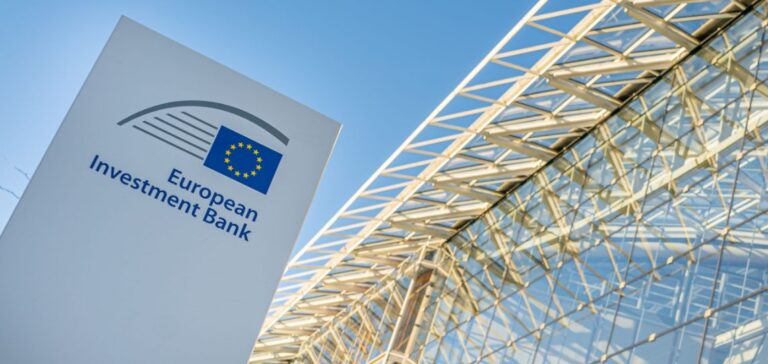The European Investment Bank (EIB) has signed a loan agreement worth PLN1.7bn (€405mn) with the Orlen Group. This funding is allocated to support the operations of its subsidiary, Energa Operator, which manages electricity distribution, under a programme aimed at expanding and upgrading Poland’s electricity grid. The amount represents the third and final tranche of a total PLN3.5bn commitment approved by the EIB.
Infrastructure rollout and grid connections
The investment plan includes the rehabilitation of over 4,600 kilometres of existing power lines and the construction of an additional 2,300 kilometres. These projects will allow the integration of approximately 25,000 new connection points. Energa Operator also plans to modernise the metering equipment installed across its network.
These investments primarily target northern and central regions of the country, as part of a national strategy to strengthen electricity distribution. The financing covers infrastructure works related to grid capacity, operational reliability, and compatibility with variable power sources.
Long-term targets for grid structure
By 2035, the development programme led by Energa Operator foresees the construction of 11,000 kilometres of new overhead lines, 7,000 kilometres of underground cables, and the upgrade of nearly 10,000 kilometres of existing infrastructure. This deployment aims to enable the connection of 350,000 additional users and integrate an estimated 9 gigawatts of added generation capacity.
The introduction of energy storage systems is also planned to absorb production fluctuations and stabilise the grid. According to published estimates, the total capacity of the Polish grid would increase by over 16%.






















